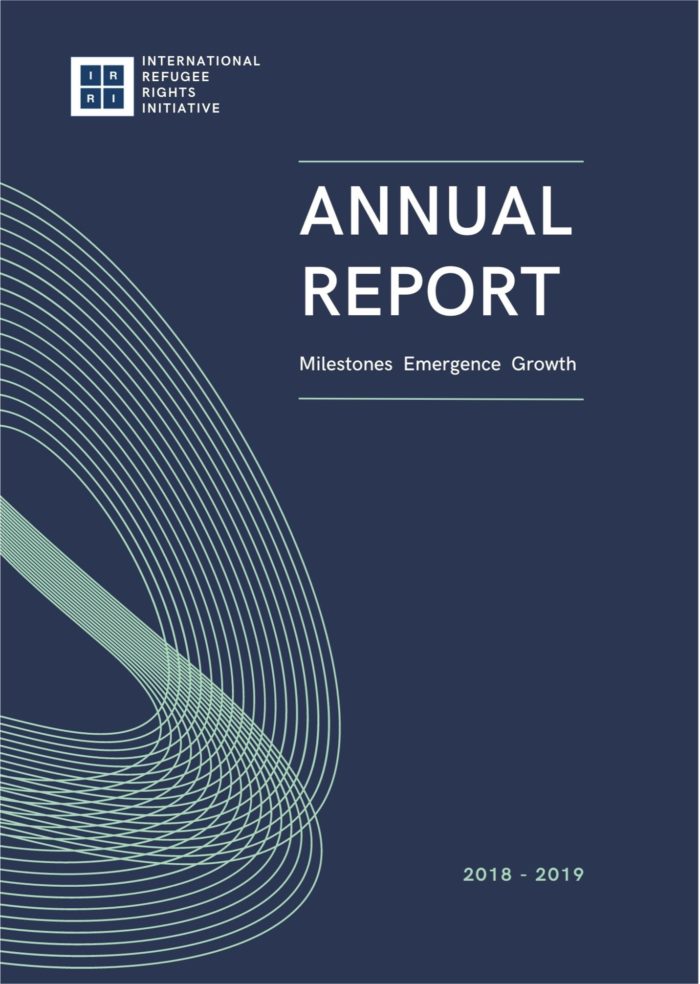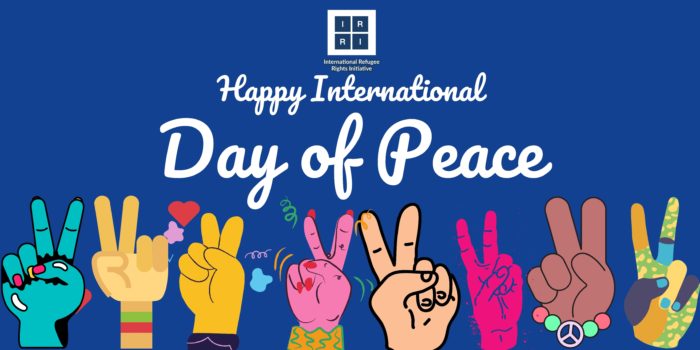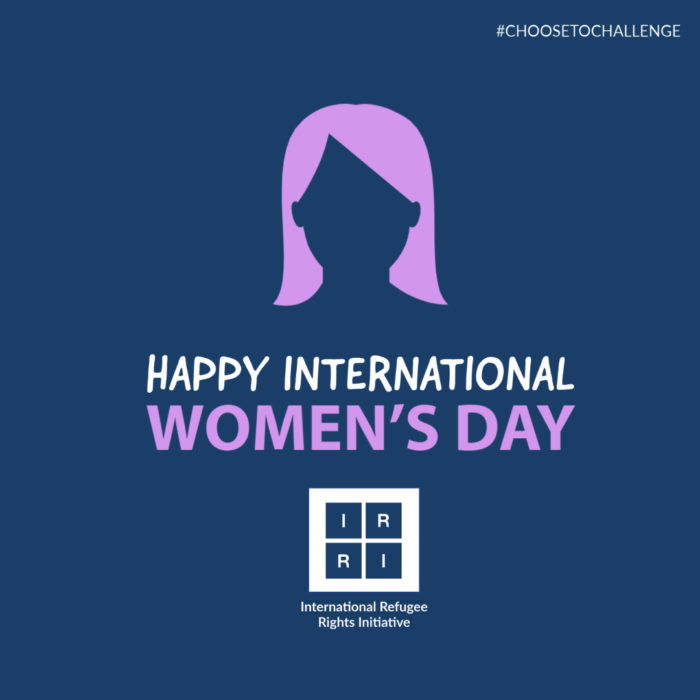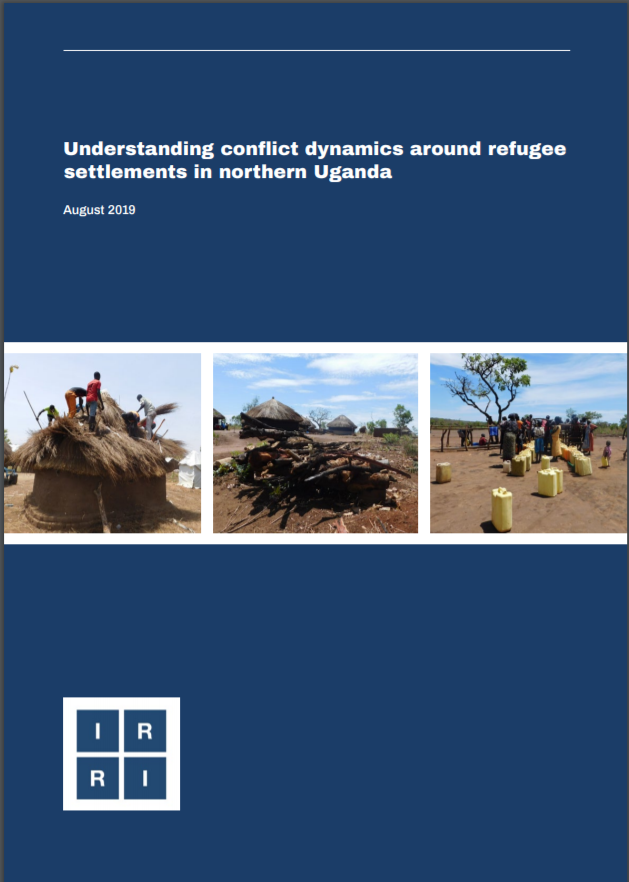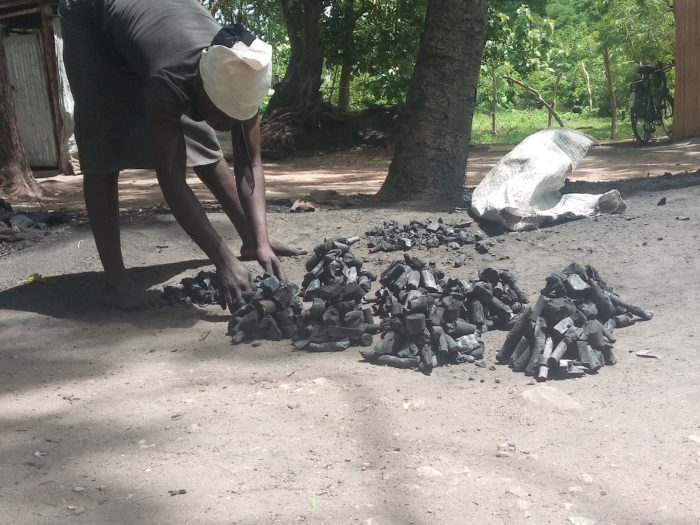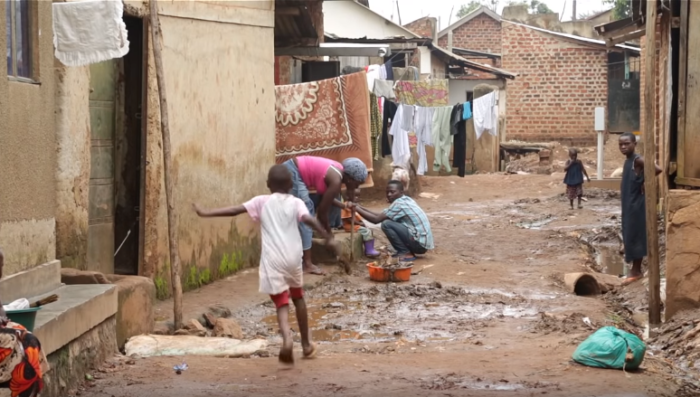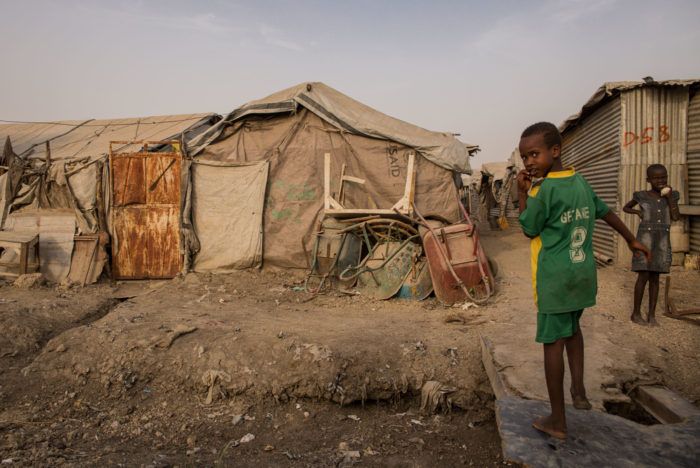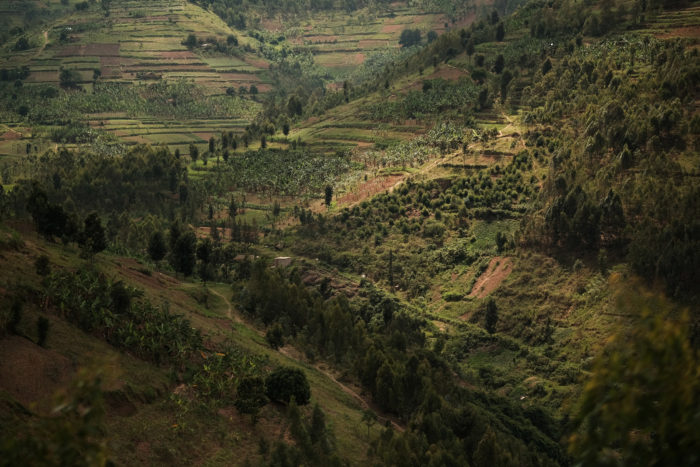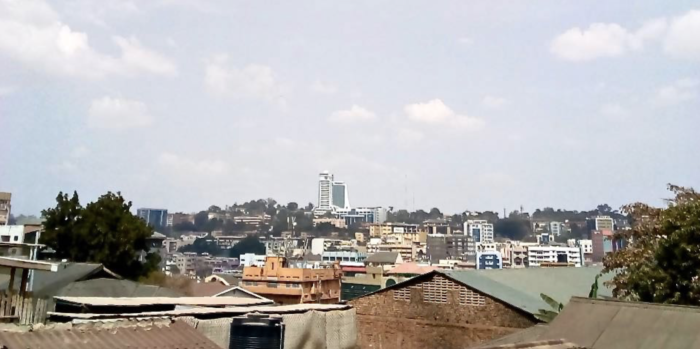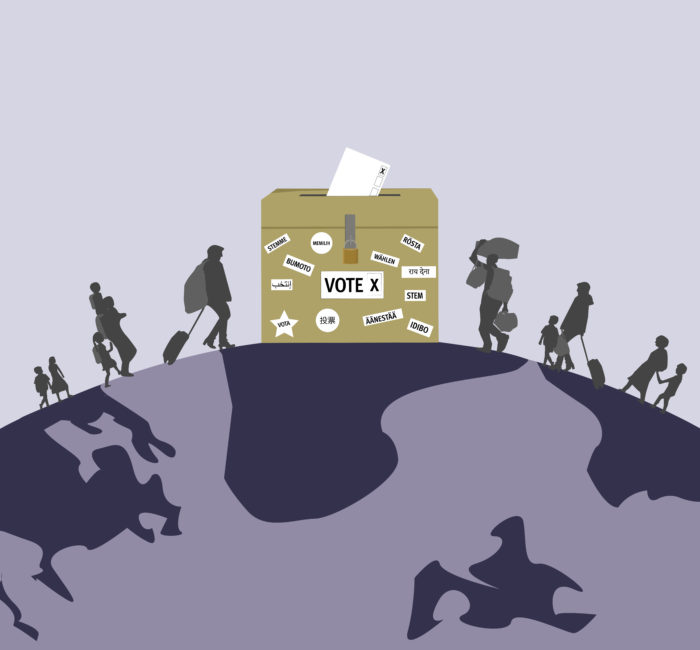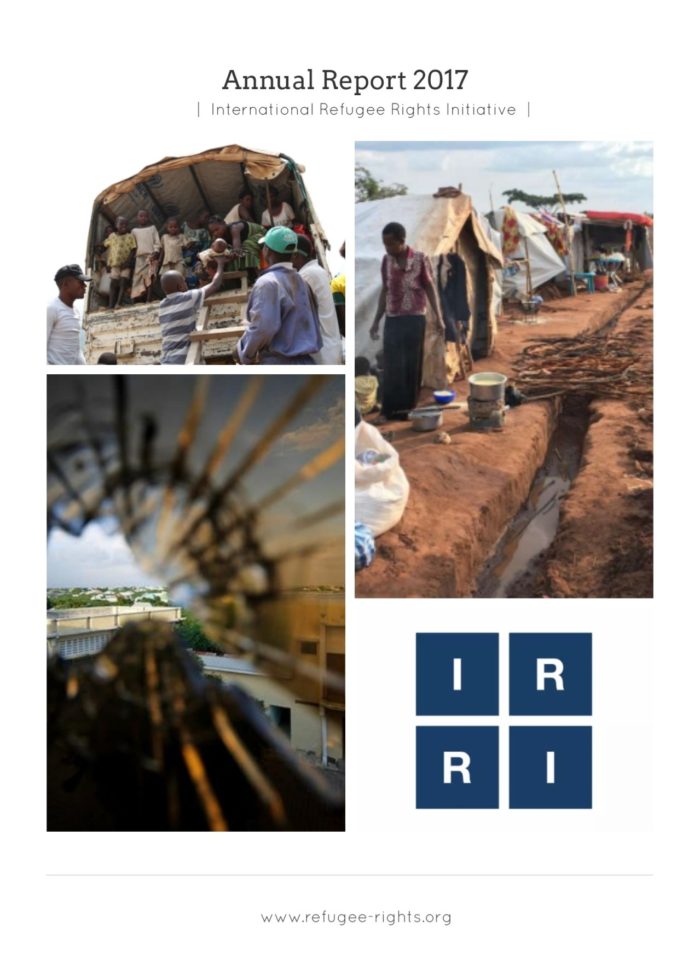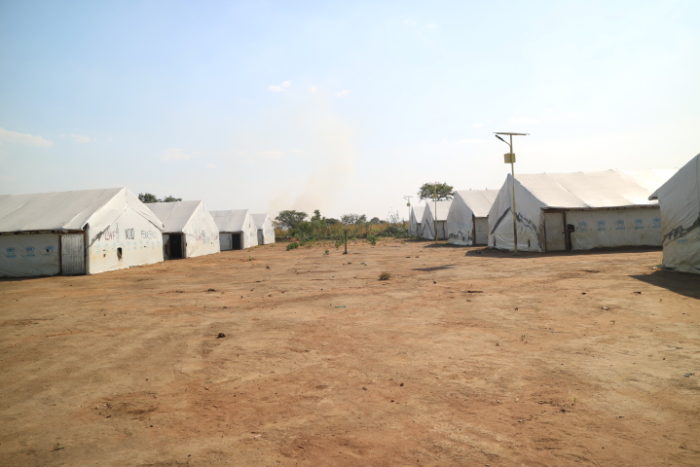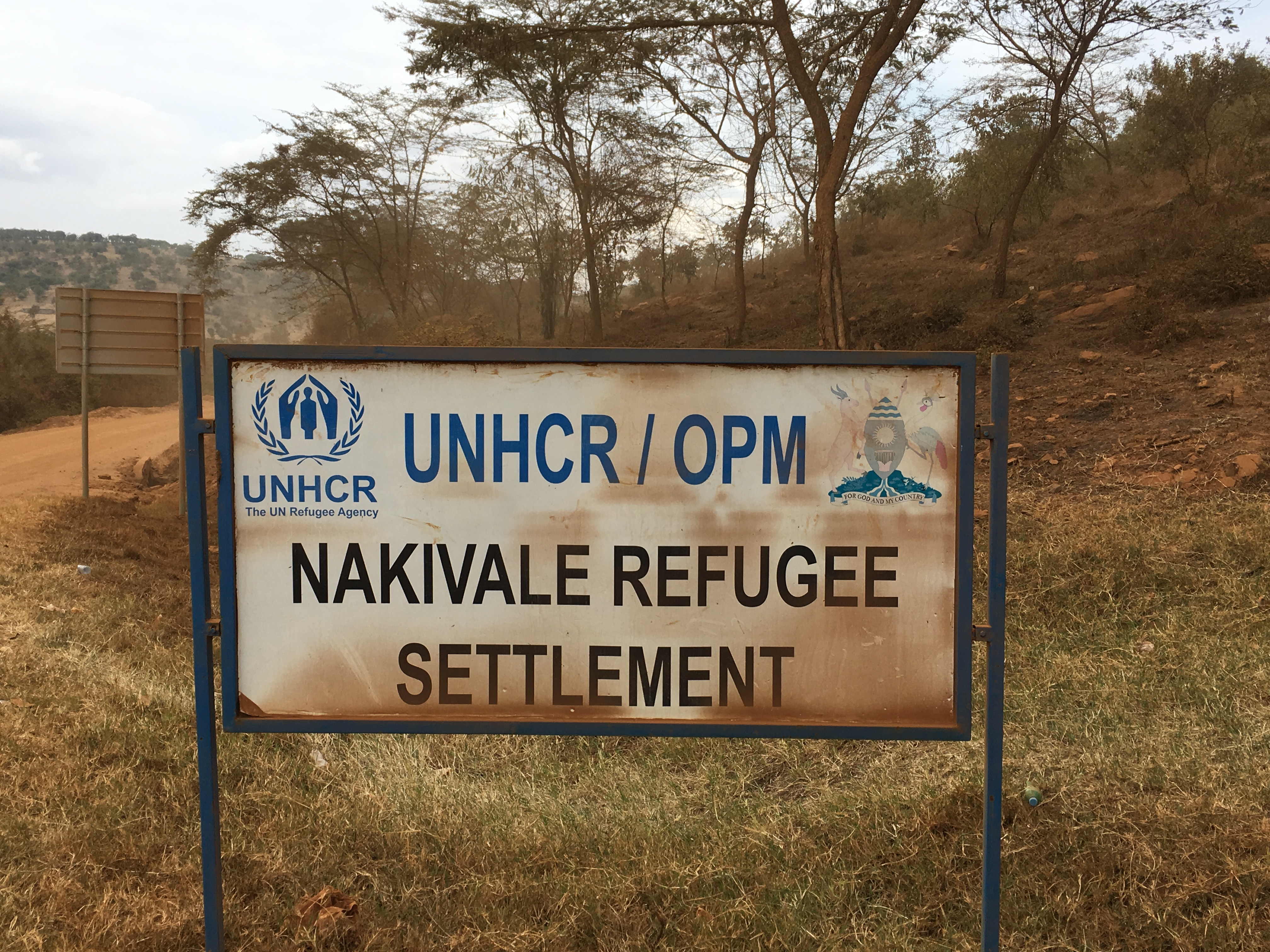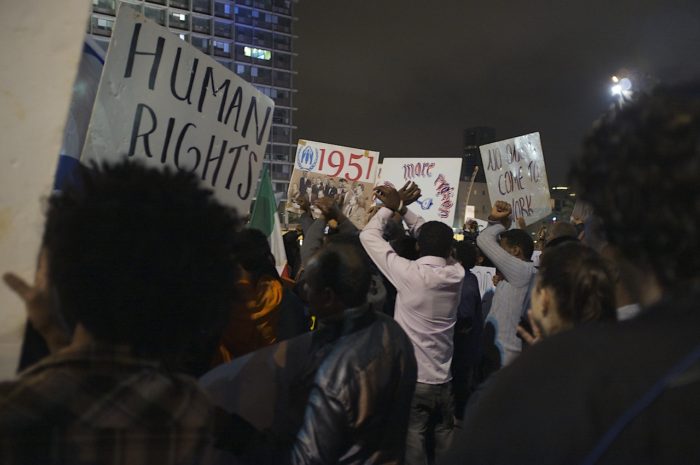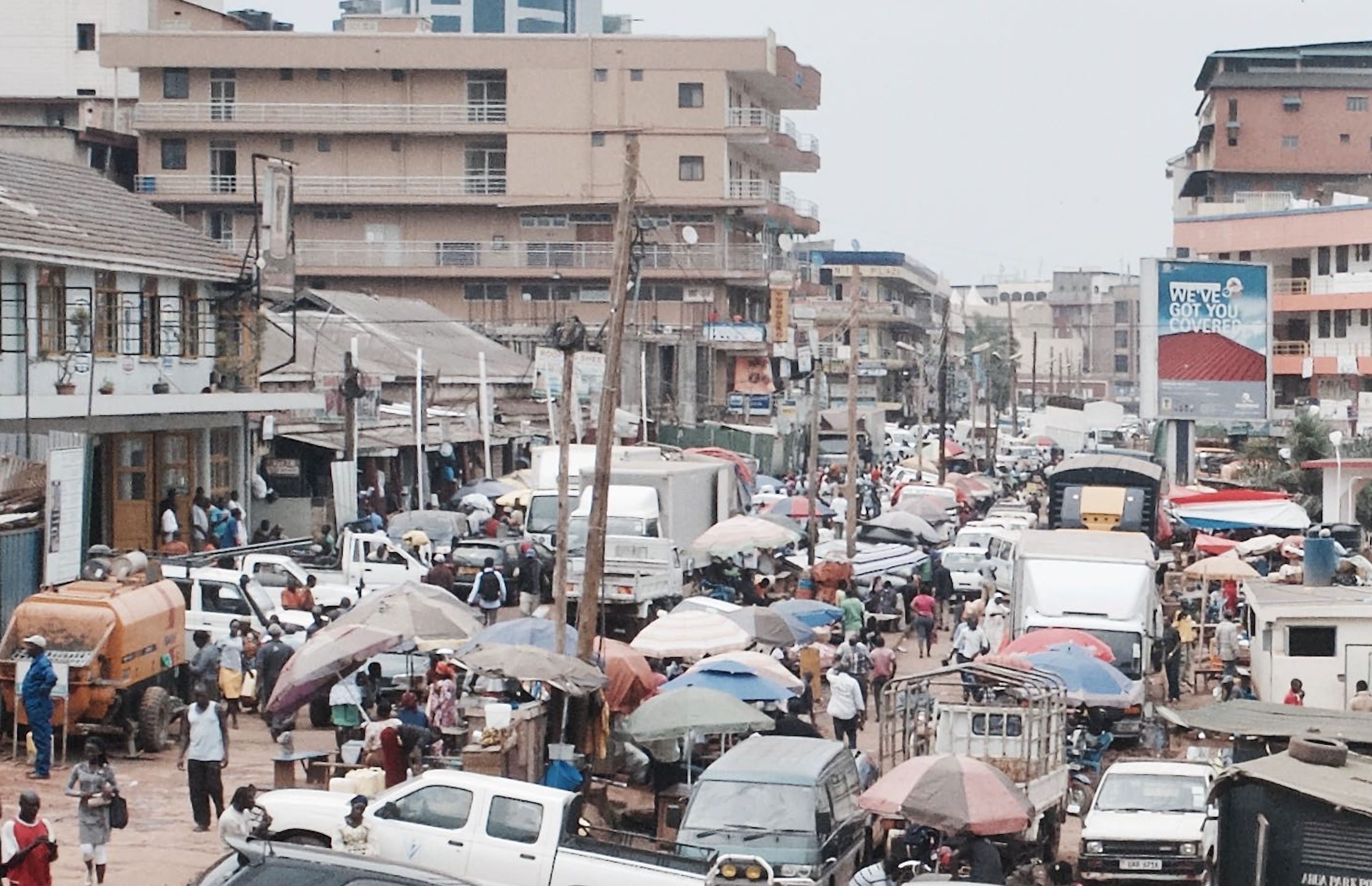FROM THE EXECUTIVE DIRECTOR When I was joining IRRI in the first quarter of 2019, I could not have imagined the dynamism and shifts we would experience by the end of 2019. We changed. Simply put. At the milestone of 15 years, we determined that we needed to re- strategise and rethink IRRI, and what…
We believe that peace is a right that should be enjoyed by everyone, and that efforts at consolidating peace can ultimately contribute to “recovering better for an equitable and sustainable world”, especially amidst the global COVID-19 Pandemic. While refugees in Uganda have experienced some level of harmonious relations, with different ethnicities co-existing alongside host communities,…
We at the International Refugee Rights Initiative (IRRI) #ChoosetoChallenge a world where displaced women continue to bear the brunt of conflict, mal-governance and exclusion. Displaced women and girls are most at risk for sexual and gender-based violence, sexual exploitation and abuse, and are disproportionately affected by the corollaries of poverty and scarcity, even in the…
A Study of Eritreans forced from Saudi Arabia to East Africa IRRI Policy Paper Series Forced Migration Gulf to Africa Sept 2020 Millions of the foreign nationals who live and work in the Gulf Cooperation Council (GCC) states hail from repressive or conflict-affected countries, and yet their situation rarely features in discussions about forced migration…
While there are overall good relations, tensions between South Sudanese refugees and Ugandan communities around natural resources, livelihoods and land should not be ignored, a new report by International Refugee Rights Initiative highlights. Frictions have sparked violent incidents, and if not properly addressed could escalate into broader conflict in northern Uganda. Between December 2018…
[Kampala, 20 June 2019]: On the occasion of World Refugee Day, 16 non-governmental organisations call for urgent action to prevent and mitigate the impact of environmental degradation around refugee settlements in Uganda. Uganda currently hosts more than 1.25 million refugees, most of whom rely on natural resources in and around refugee settlements for domestic fuel, construction…
One of the slums in Kibuye, Kampala where urban refugees live. Picture extracted from video by scidevnet Contrary to public perception, the majority of refugees live in cities and towns rather than camps. In these urban spaces, some send their children to school, generate livelihoods and successfully negotiate their own way through exile. Others barely…
Statelessness affects ten thousands of people in East Africa. Being stateless has significant negative impact on the lives of affected persons – who are unable to access fundamental rights to which they are entitled under human rights law, but which require state mediation to access in practice. Without identification documents they are not able to…
Photo by Stefanie Glinski/IRIN More than four million South Sudanese, a third of the country’s population, have been forced to flee their homes during the last five years. Without an effort to include their views – not just those of the country’s political elite – lasting peace will be difficult to achieve. The signing in…
Uganda’s refugee policy urgently needs an honest discussion, if sustainable solutions for both refugees and host communities are to be found, a new policy paper by International Refugee Rights Initiative (IRRI) reveals. The paper, entitled Uganda’s refugee policies: the history, the politics, the way forward puts the “Ugandan model” in its historical and political…
For many years, Rwandan refugees in Uganda have faced abuses, including arbitrary detention, forced return to Rwanda and attacks on their physical security, without any form of accountability. However, last Friday, 24 August, former Inspector-General of the Ugandan police, General Kale Kayihura, has been charged with aiding and abetting the kidnapping and repatriation of…
A new policy paper by the International Refugee Rights Initiative (IRRI) examines Eritrean asylum seekers’ ability to access refugee status in Uganda. It shows how the combination of low recognition rates, the proliferation of informal interlocutors and corruption all render refugee status increasingly inaccessible to Eritreans and undermine the efficiency of the Ugandan asylum system….
Joint statement by 26 international NGOs in Uganda on the need for urgent action to address gaps in funding for the refugee response. Uganda hosts the largest number of refugees in Africa, and is among the top refugee hosting countries globally. Every day more people, mostly women and children, continue to arrive in search of…
As the world witnesses a drastic increase in the numbers of refugees and forced migrants, governments, humanitarian actors and development partners alike continue to debate the humanitarian, social, economic and security implications of this growth in international displacement. The global response to forced migration remains centred around three durable solutions: repatriation to country of…
IRRI’s 2017 Annual Report highlights our work in a year of significant achievement for us, as we continued to work on our three main programmatic areas of: -identifying the violations that cause displacement and exile; -protecting the rights of those who are displaced, and -ensuring resolutions to their displacement are durable, rights respecting, safe and timely. The…
By January 2018, there were approximately 1.4 million refugees and asylum seekers in Uganda, the majority of whom are from South Sudan. The rapid expansion and demarcation of land for refugee settlements in northern Uganda has allowed national and international actors to respond to the humanitarian needs of South Sudanese refugee communities. While this…
They may have fled abuses in their country, but Burundian refugees in Nakivale refugee settlement in Uganda still live in fear for their safety and do not feel beyond the reach of the Burundian government and its militia, the Imbonerakure. During a visit to Nakivale refugee settlement in South-Western Uganda in December 2017, IRRI…
We, the undersigned International Non-Governmental Organisations (INGOs), are taking the allegations of fraud and corruption in the South Sudanese refugee response in Uganda seriously and urge that they are urgently investigated and appropriate measures and sanctions are taken. We are concerned that these allegations are impacting donors’ and UN agencies allocation of funds for this…
On 1 January, the Israeli government announced a new plan to coerce all Eritreans and Sudanese asylum seekers to leave the country by the end of March 2018. Those leaving within this period will receive a grant of USD 3,500 in cash upon their departure and a free one-way ticket. Those who will remain,…
Following recent cases of abductions and extraditions in East Africa, a new policy paper by the International Refugee Rights Initiative (IRRI) seeks to clarify the key legal obligations of countries hosting foreign political opponents and opposition figures, and to urge governments to respect these obligations. Across East Africa the protection of politically active or politically…
